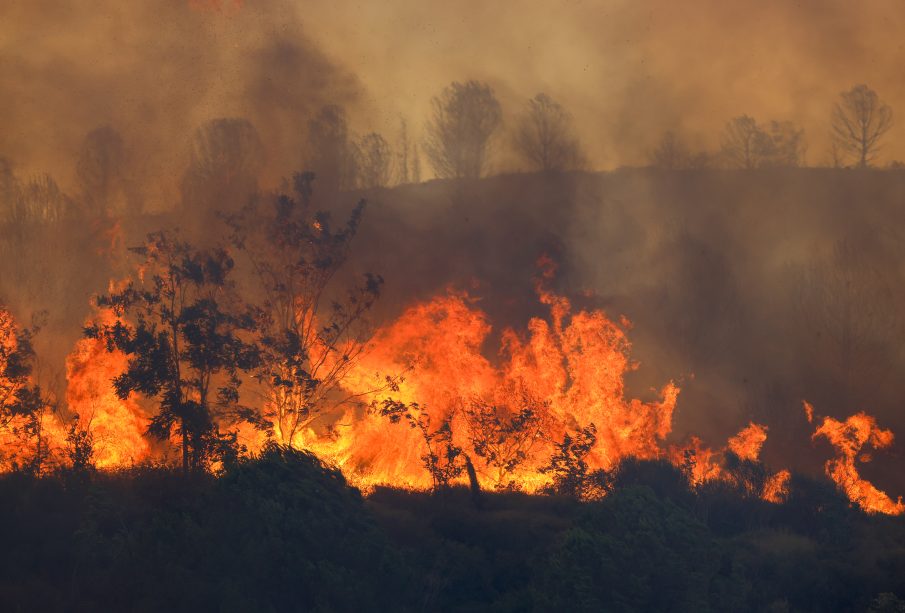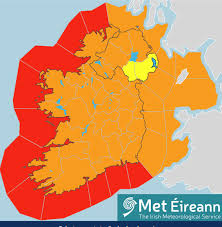Understanding the Ongoing Turkey Wildfires Crisis

Introduction
The recent surge in wildfires across Turkey has raised alarms among environmentalists, authorities, and citizens alike. These devastating fires pose serious threats not only to the picturesque landscapes of this Mediterranean country but also to its rich biodiversity, agricultural lands, and the livelihoods of local communities. As climate change intensifies weather patterns, understanding the causes and impacts of Turkey’s wildfires is essential for developing effective prevention and management strategies.
Current Situation
This summer has witnessed some of the worst wildfires in Turkey’s recorded history, with regions such as Antalya and Muğla particularly affected. The Turkish Ministry of Agriculture and Forestry reported that over 500 wildfires erupted across the country in July and August alone, severely impacting vast areas of forests and wildlife habitats.
The fires have been fueled by soaring temperatures, reaching up to 40°C, and prolonged drought conditions, which have been exacerbated by climate change. Firefighting teams consisting of firefighters, volunteers, and aerial units have tirelessly worked to contain the blazes, but strong winds and difficult terrain have hampered their efforts.
Impact on Ecosystems and Communities
The environmental consequences of these wildfires are profound. Many native plant species and animal habitats have been destroyed, leading to a loss of biodiversity. Areas that were once vibrant ecosystems are now charred landscapes, threatening the survival of various species.
Moreover, the economic implications cannot be ignored. Tourism, which significantly contributes to Turkey’s economy, has taken a hit, as affected areas are popular destinations for both international and local tourists. Many businesses are witnessing a drop in visitors, and local farmers are suffering from crop loss due to the fires.
Government Response and Future Outlook
The Turkish government has acknowledged the urgency of the situation, implementing measures to strengthen wildfire prevention strategies and improve response capabilities. Increased investments in firefighting resources, public awareness campaigns, and scientific research on climate resilience have been put forward to address the ongoing crisis and mitigate future risks.
As wildfires likely become a recurrent issue, experts emphasize the need for a comprehensive approach that involves not only immediate firefighting efforts but also long-term strategies focused on climate change adaptation and sustainable land management.
Conclusion
The wildfires in Turkey serve as a stark reminder of the increasing threat posed by climate change and the need for collective action. For residents and tourists alike, the resilience of Turkey’s ecosystems and communities will depend on adopting proactive measures aimed at prevention and recovery. The road ahead will be challenging, but with concerted efforts from both authorities and citizens, it is possible to build a safer and more sustainable future.









